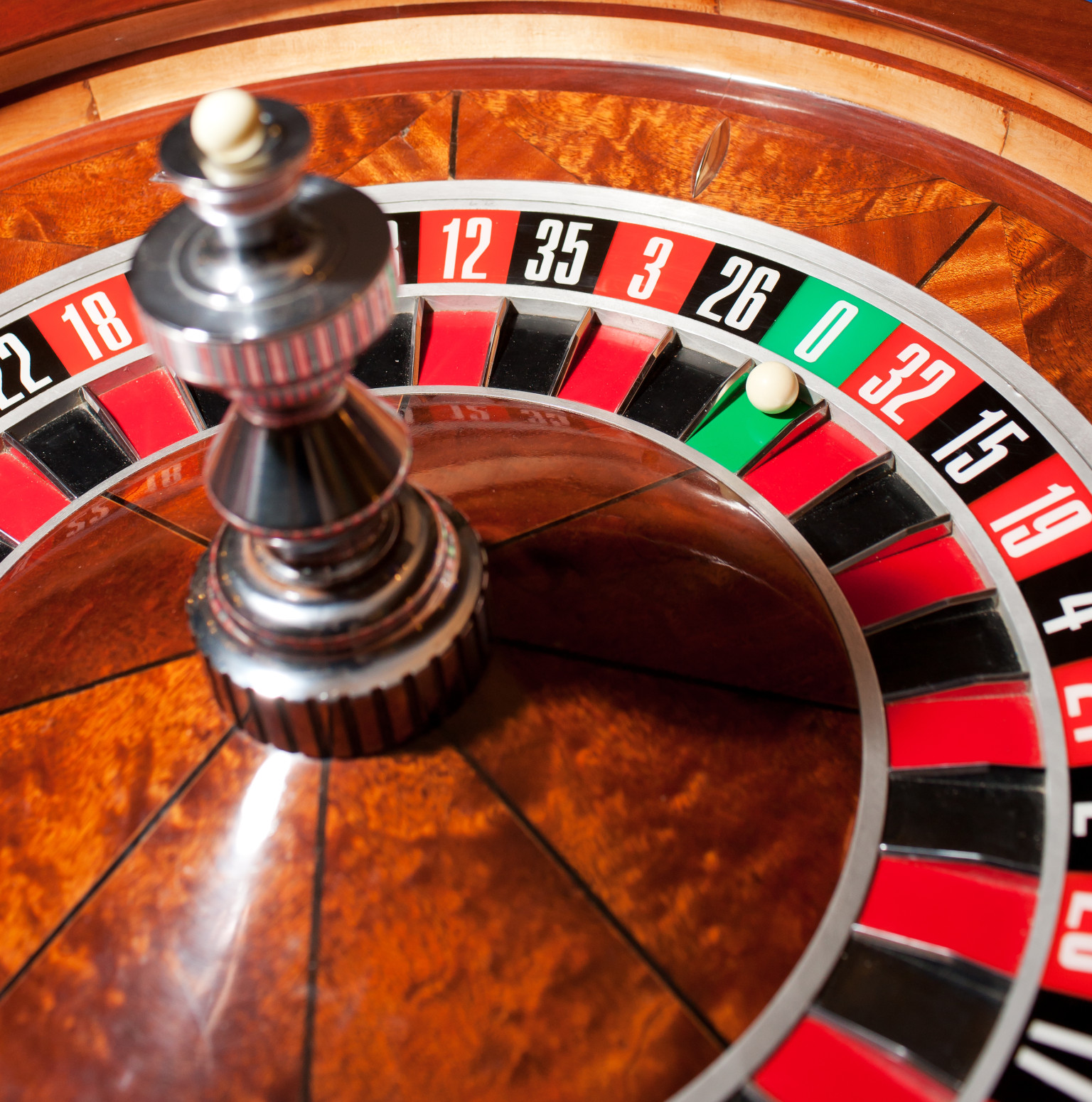
In the world of gambling, in which chance and strategy converge, a unique tapestry of beliefs unfolds—one that intertwines luck, fate, and the enigmatic nature of casino games. Casinos, bustling with excitement and anticipation, are not just venues for placing bets; they are also arenas where superstitions thrive. From the novice player to the seasoned gambler, these mysterious practices often shape how individuals approach the games they play, believing that their actions can affect the outcome in ways that go beyond mere probability.
When players gather around roulette wheels, blackjack tables, and slot machines, the atmosphere is thick with stories of lucky charms, rituals, and codified behavior that defy logic yet provide a sense of comfort. It could be the case that it’s wearing a specific outfit, following a particular sequence of bets, or even avoiding certain numbers, the attachment to various superstitions reflects a deep-rooted desire to master the uncontrollable. This article delves into the captivating world of casino game superstitions, examining the beliefs that simultaneously entertain and mystify those who dare to play.
Cultural Beginnings of Superstitions
Betting games have long been entwined with an variety of superstitions that go back to early societies. The origins of these ideas can be linked to humanity’s intrinsic need to control the uncertain outcomes related with fortune and uncertainty. In early civilizations, games of uncertainty were often linked to spiritual practices. Gamblers would invoke blessings or seek favor from gods, believing that their actions could influence the odds in their benefit. This basis laid the basis for the myriad of superstitions that developed as betting evolved over centuries.
During the medieval period, gambling became a common activity across European nations, and with it, a colorful tapestry of superstitions emerged. Players adopted different rituals and charms, believing they could affect the consequences of games. The significance of digits, in particular, emerged to manifest in superstitions around card games and dice. The number 7 was often considered auspicious, while various numbers carried bad connotations. These ideas mirrored the social contexts of the time, evolving as they transferred through generations and adapted to emerging gaming environments.
As gaming establishments appeared in the 1600s, particularly in the Italian peninsula and the French nation, the atmosphere surrounding gambling became steeped in mystery. The growing accessibility of casino activities allowed for the spread and diversification of superstitions among players. Concepts like charmed charms, designated seating arrangements, and rituals gained prominence, creating a distinct culture within betting houses. As these practices continued to thrive, they became fundamental to the identity of casino activities, illustrating how historical developments and culture shape the belief systems that influence how participants interact with fortune.
Popular Gambling Superstitions
Beliefs surrounding casino games are plentiful and diverse, reflecting the dreams and anxieties of players as they participate in random games. One of the most prevalent beliefs is that specific numbers bring luck or misfortune. For example, the number seven is often seen as a favorable digit, frequently embraced by players looking for a positive outcome. Conversely, the number thirteen is routinely considered unlucky, leading many players to steer clear of it during their gambling periods.
Another common belief relates to rituals that players believe can influence their odds. Whether blowing gently on the dice before a roll, using a specific gesture to place a wager, or even putting on particular items of clothing, many people feel that these rituals can tilt fate in their favor. These rituals offer a sense of control in an otherwise unpredictable environment, reinforcing the idea that fortune can be created through personal beliefs and habits.
Lastly, the environment and vibe of the gambling house itself adds to superstition. Many gamblers suggest that the presence of specific icons, such as four-leaved clovers or lucky coins, can enhance their chances of winning. Additionally, gamblers might hold to the belief that winning streaks can be halted by mundane occurrences, such as someone walking past or a accident at the table. Nhà Cái Uy Tín The collective environment in a casino can amplify these superstitions, creating a shared culture of myths that goes beyond individual experiences.
Impact of Superstitions on Players
Superstitions play a crucial role in the mindset of gamblers, often influencing their behavior and decision-making. Many gamblers believe that luck can be influenced through various rituals, such as wearing a lucky charm, choosing particular hues, or steering clear of particular digits. This reliance on superstitions can create a feeling of authority in an environment that is inherently unpredictable. Players frequently feel more self-assured and involved when they feel that their actions could sway the outcome of a game in their favor.
The influence of these superstitions extends past singular players, affecting the overall atmosphere within the casino. For instance, a player who believes in the luck of a certain slot machine might draw a gathering, as others are fascinated by their apparent luck. This collective belief can heighten excitement and create a dynamic environment, leading to an captivating experience even for those who may not necessarily be believers themselves. The excitement around certain games can lead to higher participation and extended playing sessions, supporting the casino’s vibrant social scene.
In some cases, superstitions can lead to harmful effects for players. Depending too heavily on rituals can result in bad gambling decisions, as some may overlook basic strategies in favor of unfounded beliefs. Additionally, the stress to perform rituals may increase anxiety and tension, detracting from the pleasure of the experience. Ultimately, while superstitions can enhance the excitement of playing casino games, they can also lead to foolish choices that overshadow the fun and entertainment intended in the casino experience.
